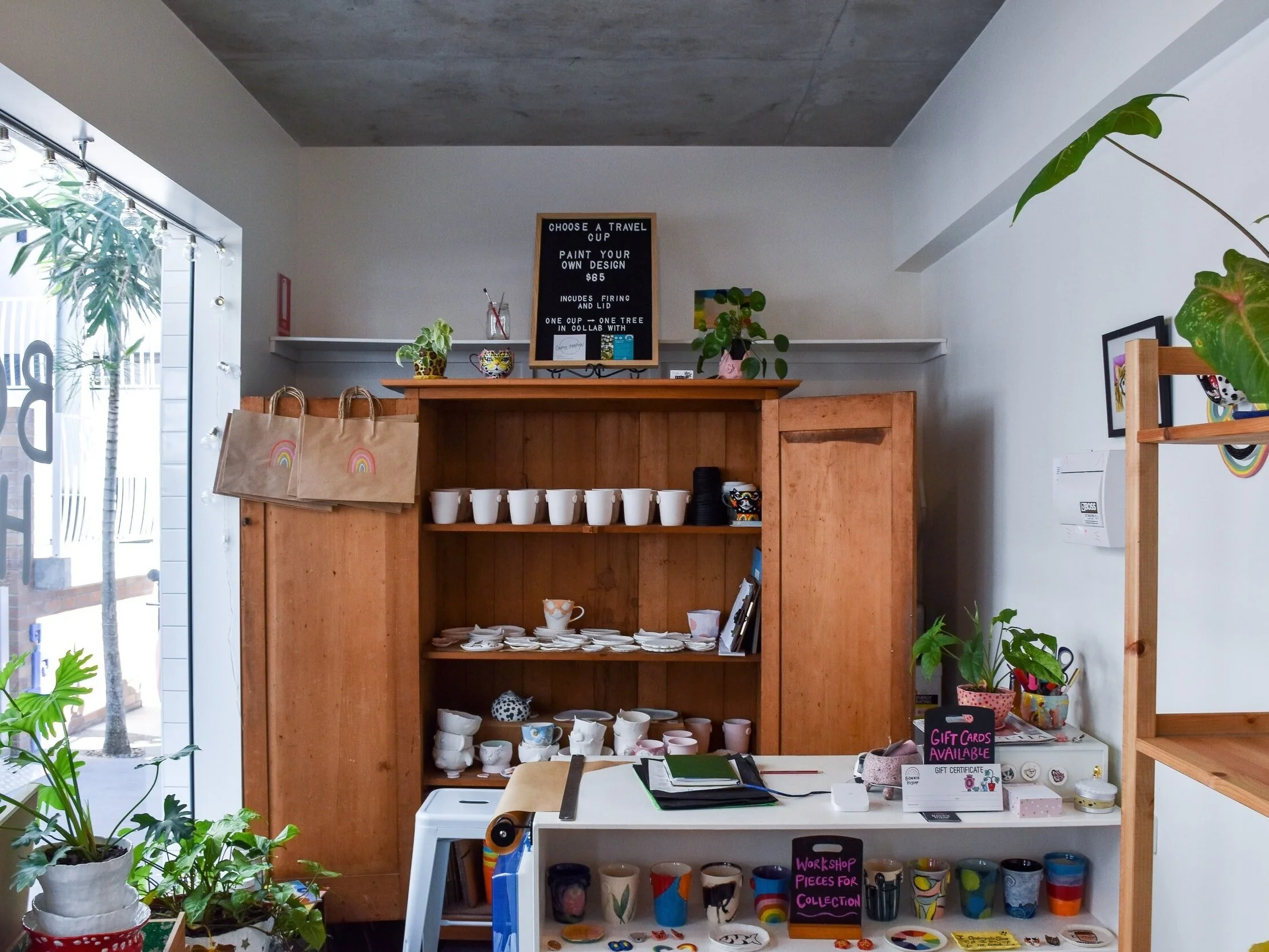The Best Website Platform for Your Small Business
As an entrepreneur starting to build your web presence or changing things up, choosing a platform to build your new website on can be a completely overwhelming process, especially if you're unfamiliar with the pros and cons of each option. Squarespace? Wix? Wordpress? Shopify? Weebly? There’s tons of choices out there these days, and each offers its own style and function. In this post I’ll take you through what I regard as the three major web platforms for small business owners and when you should choose one over the other.
Wordpress
Wordpress is a longstanding favorite among web developers. Its many development features means that it has a wide range of functionality and it has been around for a long time, so it's trusted and established. However, it does have its drawbacks — the built-in design options are lackluster and most templates and features require the purchase of a separate plug-in to achieve a certain design look and functionality. You also need to install updates and do regular maintenance, meaning it's less ideal for business that don't have the budget to keep a developer on retainer to do that maintenance or fix problems that arise with the updates.
That said, Wordpress is the right fit if you:
Need specific functions of plugins that you can only get on Wordpress
Can devote time and/or $ to regular maintenance and updates
Like to get really deep into the details and coding of the website
Have already been using Wordpress for a long time and you’re happy with it!
Shopify
Shopify is a solid option for businesses that are solely focused on selling physical products online. It offers a range of features suited specifically to e-commerce, like advanced inventory management, selling in multiple currencies, and seamless integration with third-party services like Zoho and Zapier. Shopify isn't the best choice for every online shop, however, as I'll explain in the next section.
You should go with Shopify if you:
Run an online shop to sell physical products and you have a lot of inventory or sell internationally
Have a shop as the only function of your website and you don't need a portfolio, blog, or additional content
Squarespace
That brings us to Squarespace. The best of the drag-and-drop style platforms, Squarespace continues to build trust and add more features and possibilities for its users. While it has some drawbacks, like lacking certain e-commerce features and a steeper learning curve, it's the best all-in-one platform for building a beautiful, professional website. If you have the time to devote to DIY-ing your site, you can still put together a good-looking and minimal website even if you don't have great design skills just by using one of their premade templates. Or you can work with an experienced designer to save time and make your site totally customized to you. In my opinion, Squarespace is the best platform for small business owners because of its versatility and ease of use.
Squarespace is perfect for:
Service-based businesses like realtors, coaches, massage therapists, estheticians, editors, counselors, yoga instructors, accountants, business consultants, dog walkers, freelancers of all kinds
Small businesses with a physical location (restaurants and cafes, boutiques, spas, yoga studios, bookstores)
Anyone offering courses, online classes, or other members-only content
Artists selling digital or physical products
Creative portfolios
Online publications and literary magazines
Blogs and personal websites
If it seems like I'm biased towards Squarespace, it's because I am! I use Squarespace for my own site and with all of my clients. It's versatile, easy to maintain, and can fit a huge range of businesses, needs, design styles, and functionalities. You can make a simple informational website with a clean and minimal design; you can market services, book appointments, and manage email campaigns; you can host your portfolio and sell products; you can integrate events, or subscribe new members to your courses and online classes. It can be simple or it can be customizable. And Squarespace continues to add more functions and beautiful design options.
If you’re still on the fence about where to build your site…
Start with function. Jot down a few lines about your business and what you want your site to be able to do, and then compare it to the features available on each platform. Then look at logistics (like if you want to DIY or hire out the design work, copywriting, etc.) You want your website to add value and make your life easier, not harder, so it first and foremost needs to be able to do what you need it to do!
Okay, you’ve picked the right platform for you, but you still feel overwhelmed and feel like you can’t get started on your own. That’s totally normal, and it’s exactly what web designers are there for — to give you the support of an expert. Check out my design services or think about a strategy session so you can get back to running your business.


